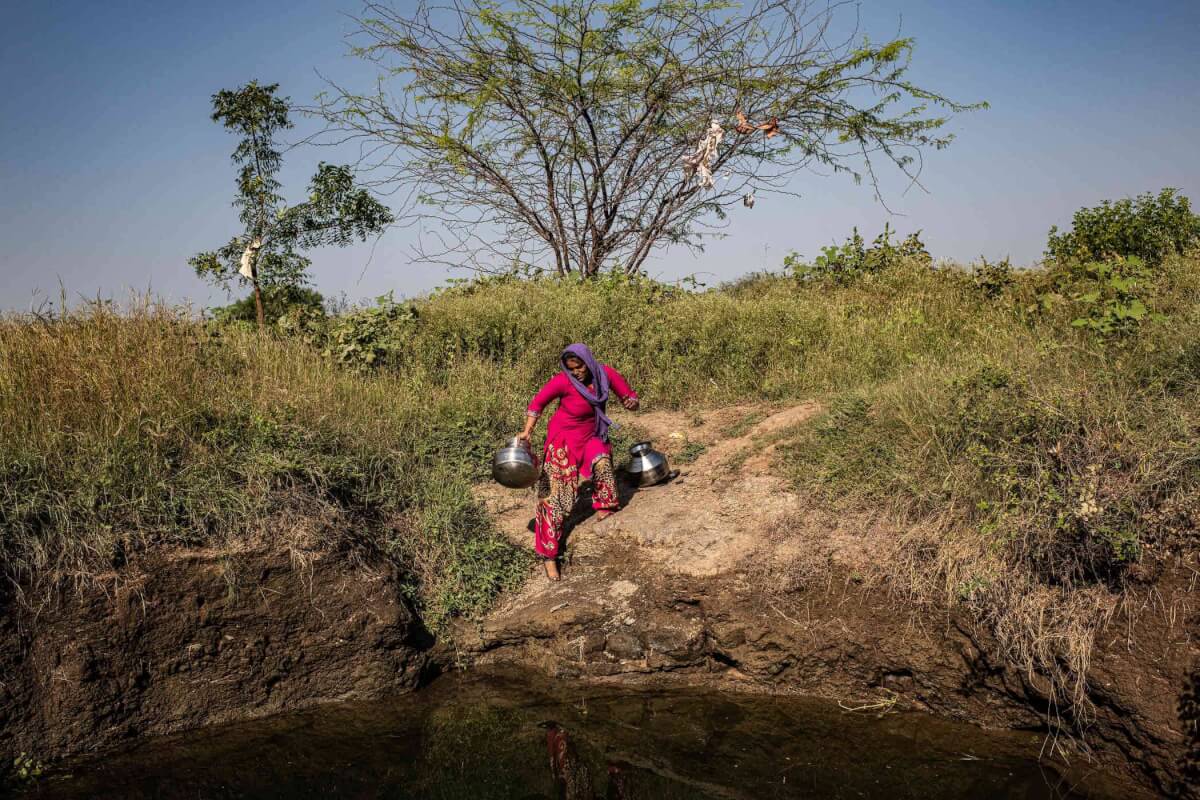The convergence of the teachings of the Bahá’í Faith and the insights provided by the Intergovernmental Panel on Climate Change (IPCC) reveals not only the urgency of addressing climate change but also the essential values that underpin a sustainable global society. At the heart of both Bahá’í principles and the IPCC’s findings lies a profound understanding of interconnectedness. This notion underscores the imperative for humanity to engage in collective action, fostering global cooperation and understanding to tackle the multifaceted challenges posed by environmental degradation.
The Bahá’í Faith espouses the oneness of humanity, advocating for unity and collaboration across diverse cultures and beliefs. In parallel, the IPCC’s extensive research delineates the universal nature of climate change, illustrating that its impacts are unequivocally global, transcending borders and socio-economic divides. The climate crisis thus necessitates an unprecedented level of international cooperation, reflecting the Bahá’í doctrine that emphasizes collective action for the betterment of society.
Central to the Bahá’í teachings is the concept of justice—social, economic, and environmental justice. This framework aligns seamlessly with the core recommendations of the IPCC, which highlight the disproportionate impacts of climate change on marginalized communities. Such disparities necessitate a commitment to equity, ensuring that those who are least responsible for greenhouse gas emissions bear the brunt of climate change’s impacts. This critical intersection of justice and sustainability beckons a reconsideration of ethical paradigms in our approach to environmental stewardship.
The Bahá’í perspective on the natural world posits that humanity is a steward of the Earth, entrusted with its protection and sustainable management. This custodial role is echoed in the IPCC’s call for urgent action to mitigate climate change, emphasizing that human activity must pivot towards sustainability. This entails not only reducing emissions but also rethinking consumption patterns and fostering an ethic of conservation that echoes the Bahá’í exhortations to live in harmony with nature. The teachings advocate for a profound respect for the natural world, viewing it as a manifestation of divine creation that deserves reverence and protection.
The compatibility between the Bahá’í Faith and the scientific discourse surrounding climate change invites a holistic approach to solutions. The Bahá’í emphasis on education and the development of capacity aligns with the IPCC’s findings, which suggest that knowledge dissemination is crucial for empowering communities to adapt to climate impacts. This educational mandate encompasses not only scientific understanding but also moral and ethical dimensions, urging individuals and societies to cultivate a sense of responsibility towards both current and future generations.
Moreover, the global nature of the Bahá’í Faith serves as a model for international collaboration. The principles of consultation and collective decision-making are instrumental in addressing climate challenges. The Bahá’í administrative framework highlights the importance of engaging diverse viewpoints, a practice that is vital in the deliberative processes required to forge effective climate policy. The IPCC itself embodies this collaborative spirit, bringing together scientists from around the world to synthesize diverse findings into actionable knowledge tailored for policymakers.
The urgency of the climate crisis, as articulated by the IPCC, resonates deeply within the Bahá’í teaching of the interconnectedness of all life. It is a call to transcend nationalist sentiment and foster a global consciousness that recognizes that the survival of humanity is inherently linked to the preservation of our environment. Such a realization compels individuals and communities to adopt sustainable practices, seeing them not merely as individual choices but as part of a broader moral obligation to humanity and the planet.
In addition to the ethical considerations, the economic implications of climate change further underscore the need for a unified response. The Bahá’í writings advocate for a balanced approach to wealth and resources, emphasizing that economic systems should be a means of service to society rather than vehicles for exploitation. The IPCC’s assessments indicate that failing to address climate change may yield catastrophic economic repercussions globally, reinforcing the necessity of redeveloping economic frameworks that prioritize sustainability and equity.
Through the lens of the Bahá’í teachings, personal transformation is paramount. Individuals are called to embody virtues such as humility, compassion, and service in their interaction with both people and the environment. The rise in ecological awareness among Bahá’ís reflects a broader recognition of the interconnected crises facing humanity. The movement towards sustainability requires collective commitment—yet it begins with individual action, fostering a culture that is respectful of both human rights and environmental integrity.
In conclusion, the teachings of the Bahá’í Faith present a compelling blueprint for addressing the climate crisis through a lens of unity, justice, and responsibility. The synergy between the Bahá’í principles and the recommendations put forth by the IPCC invites us to reflect on our role within the global community and urges a concerted effort towards achieving a sustainable and just world. The path to a sustainable global society is not merely an environmental endeavor; it is an essential spiritual journey that requires a deep commitment to the oneness of humanity and the interconnectedness of all life. Through mindful action, grounded in Bahá’í teachings, we can aspire to cultivate a flourishing planet for future generations.
